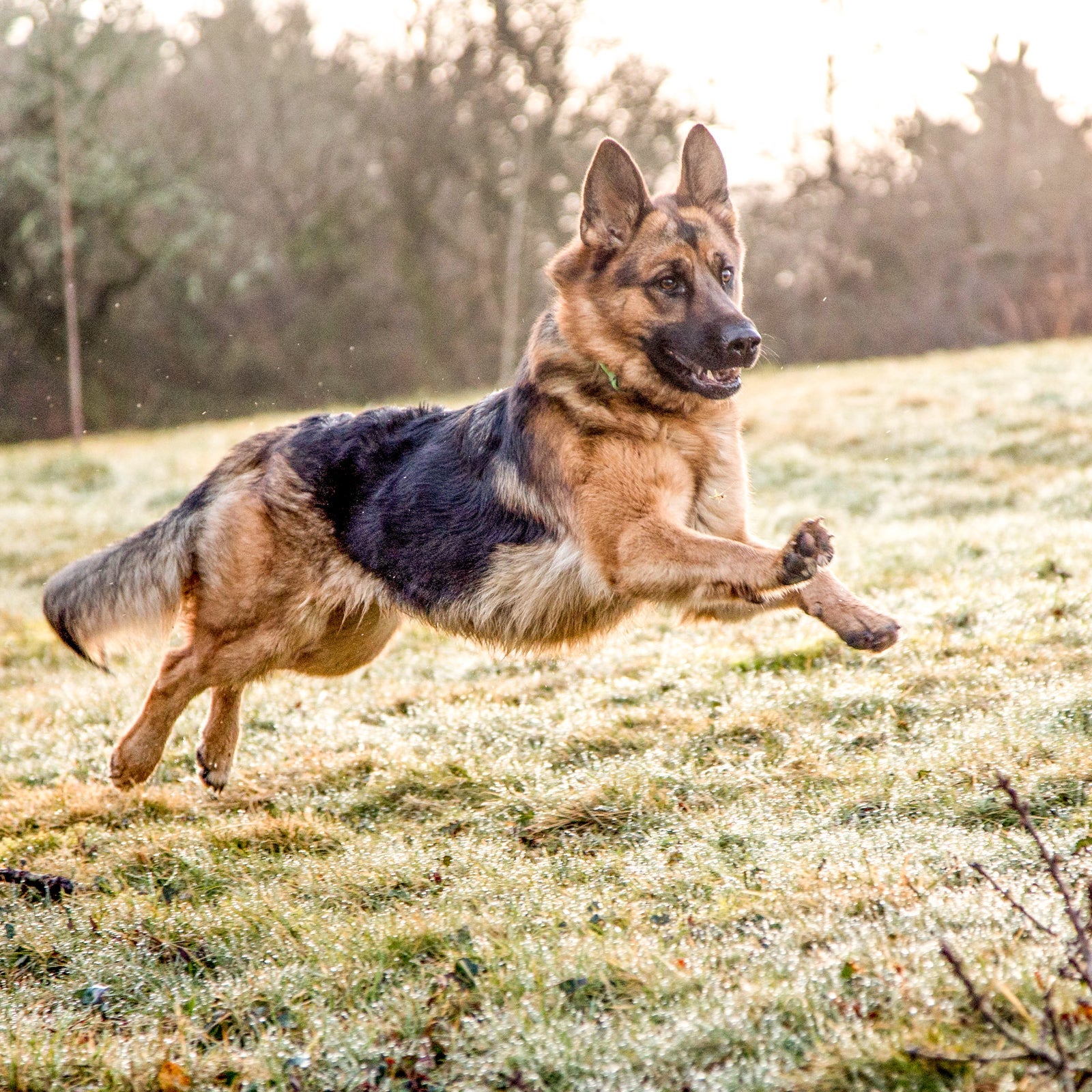Leading Pet Educating Tips for a Mannerly Friend
Educating your canine to be a well-behaved companion calls for a nuanced understanding of canine actions and the application of effective approaches. Crucial commands such as "Sit," "Keep," and "Come" work as the foundation for good manners, while favorable reinforcement techniques can significantly enhance learning. Furthermore, developing a constant routine and focusing on early socializing are important components that add to a harmonious relationship. However, the trip to a well-mannered pet dog entails greater than simply these fundamentals; it requires a deeper expedition of techniques that can change your training method.
Recognizing Canine Habits
Recognizing canine habits is important for efficient pet training and fostering a harmonious connection in between dogs and their owners. Dogs are complex creatures, displaying a vast array of behaviors influenced by genetics, atmosphere, and socialization. Identifying the underlying inspirations for a dog's actions-- such as worry, enjoyment, or territorial impulses-- can dramatically enhance training efficiency.
Observing body language is an essential aspect of understanding canine behavior. Tail position, ear orientation, and position can supply beneficial understandings right into a pet's psychological state. For instance, a wagging tail does not constantly show joy; it can likewise indicate agitation or anxiousness. Additionally, social interactions with other pets and human beings play a critical duty in forming habits. Pet dogs that experience favorable socializing are normally much more adaptable and genteel.

Necessary Educating Commands
Grasping essential training commands is important for developing reliable interaction between canines and their owners. These commands offer as the structure for a well-behaved dog and can considerably improve the general partnership in between pet dog and proprietor.
"Remain" enhances a pet's capacity to stay in one position, promoting self-constraint. "Down" advises your canine to lie down, which can aid in handling thrilled behavior. "Heel" educates your pet dog to walk along with you, promoting better chain manners.
Consistency and quality in command shipment are important. Each command should be coupled with a certain hand signal or gesture to enhance understanding. Practicing these commands in numerous settings assists canines generalise their training and respond appropriately, no matter of interruptions. By investing time in instructing these crucial commands, proprietors can cultivate an unified and considerate connection with their canine companions, boosting both safety and security and pleasure in everyday communications.
Favorable Support Methods
Favorable reinforcement methods are crucial methods in canine training that concentrate on gratifying wanted habits to urge their reoccurrence. This strategy leverages the natural discovering procedures of canines, allowing them to connect certain activities with positive results. By utilizing treats, appreciation, or playtime as benefits, trainers can efficiently encourage dogs to duplicate the behaviors they intend to strengthen.
To apply positive support, it is critical to deliver benefits immediately after the desired habits happens. This aids the dog make a clear connection between their activity and the incentive. Uniformity is additionally vital; rewards ought to be given each time the preferred habits is these details displayed during the preliminary training phase, gradually transitioning to a variable schedule as the behavior becomes much more dependable.
Furthermore, selecting the right kind of benefit is vital. While treats are typically effective, some dogs might respond better to spoken praise or interactive play. Comprehending your pet dog's preferences can improve the training experience. Eventually, favorable reinforcement fosters a relying on partnership in between the pet and proprietor, making training a more satisfying and efficient process that develops a well-behaved companion.

Socialization Approaches
Reliable socialization techniques are important for a pet's growth, as they help establish an all-around and positive buddy. Early direct exposure to different settings, individuals, and various other pets is important to prevent behavioral issues in adulthood. Begin this process during the crucial socialization period, which generally navigate to these guys happens between three and fourteen weeks of age.
Introduce your puppy to diverse stimulations, such as various surface areas, seems, and smells. Managed experiences with other canines and friendly human beings can foster positive associations. Puppy classes are a superb resource, supplying organized settings for social interaction and discovering basic commands.
Gradually enhance the complexity of socializing experiences. Take your pet to parks, pet-friendly shops, and public events, ensuring each encounter declares. Observe your pet's reactions and remove them from frustrating circumstances to avoid fear-based actions.
Use positive support to reward tranquil and positive behavior throughout social interactions. This could entail treats, appreciation, or playtime. Remember, perseverance is essential; each dog has its very own pace for getting used to new experiences. By implementing these socializing techniques, you prepared for a well-adjusted and friendly canine companion.
Consistency and Routine
Establishing consistency and regimen in pet dog training is essential for promoting a feeling of protection and understanding in your pet. Canines prosper on predictability; recognizing what to anticipate helps them feel safe and decreases anxiousness.
Integrating an organized regimen right into your training sessions additionally boosts your dog's knowing experience - Dog training near me. Arrange everyday training sessions at the exact same time every day, making sure that both you and your pet are emotionally ready. Short, constant training sessions are extra effective than long, infrequent ones; aim for 5 to 10 minutes of focused training multiple times a day
Additionally, consistency ought to prolong beyond formal training sessions. Incorporate training right you can check here into day-to-day tasks-- reward your dog for sitting prior to dishes or strolling steadly on a chain. This enhances found out behaviors and develops a natural training setting. On the whole, a regular technique, coupled with a structured routine, lays the structure for a well-behaved companion, advertising an unified partnership in between you and your canine.
Final Thought
Positive support techniques serve to urge desired habits, while early socialization prepares canines for varied environments. By highlighting these essential elements, the bond between owner and pet strengthens, eventually leading to an unified and meeting relationship.